It was the first time I’d seen my father in over 30 years. He was brain dead. At least they told me it was my father. I wouldn’t have known. It could’ve been anyone. And yet, I did feel something.
A late spring rainstorm spattered loud, angry drops against the hospital window. The occasional dull rumble of thunder over Lake Erie was a welcome distraction from the incessant chirping of the life support machine. Far below in the busy street, cars crept slowly in the thick traffic, their tail lights reflecting blurrily off the wet asphalt surface.
I reluctantly touched his hand. It was clammy, waxen. I didn’t know how I was supposed to feel about this stranger who gave me life. Glad? Indifferent? Angry? The figure in the bed was unrecognizable from the one I vaguely remember from the haze of my long-ago childhood. The father I remember was good sometimes but not so good at other times. Oh, he never abused us physically. And I’m pretty sure he didn’t mean to hurt us emotionally. I think he was a good person underneath it all. He was just troubled. And addicted to alcohol. It can really change a person.
Unbidden, and against my will, images and feelings from my earliest years started to intrude on my thoughts. Some were warm. Lee (I started referring to my father as Lee years ago) used to take me to Como Park where we’d ride up and down on the teeter-totter in a grassy field called Piggly Wiggly Grove. We’d toss a ball around. Of course, I couldn’t catch it very well at first. But he was patient and kind. Sometimes we got there early enough to feel the dew in the grass. The sky always seemed to be so very blue and the clouds so pink and white in the morning.
The man in the park was nothing like the person who came home drunk. He seemed to be in a desperate war, raging against himself, trapped in a body he despised. He punched a wall where Mom had hung a plaster plaque that I’d painted at a summer playground. It fell and shattered.
You know, Lee, I grew up desperately determined never to be like you. It’s a fear that still haunts me. And yet, in so many ways – some good and some not so good – I’m much like you. I hate it and it scares me. When you left I blamed myself for it. I thought that if I’d been a better son you would have stayed. I was seven. I didn’t know better. You might be interested to know that I carried that irrational guilt on my back much of my life.
Uncle Bud and Aunt Kay, Lee’s brother and sister, were quietly talking to my younger sister, Bev. Their voices interrupted my trance. Bev and I hadn’t seen Bud and Kay for three decades. Yet it seems that the blood bond can’t be severed. It was like we’d never been apart. I guess blood does that.
We knew we had to let the doctors know that they could take Lee off the machine. It should have been easy. But it wasn’t. Maybe, somewhere deep inside, I hoped that if we could get him to wake up he’d tell me why he’d left. I had looked forward to that day for a long time but now it wasn’t going to happen. Later, Bev facetiously but sadly suggested that maybe he didn’t want to face me; that he’d checked out before that could happen.
We told the doctors to take him off the machine. I couldn’t shake the irony. We were ending the life of the man who had, in some ways, ended ours so long ago. I guess we’d come full circle. Bev and I got into the car and just sat there. A harsh rush of emotion erupted from a deep chasm inside me that I didn’t know existed. I tried to stop it but it was too late. I doubled over and sobbed uncontrollably. A lifetime of regrets and pain poured out all at once. I don’t know if I’ll ever be able to forgive him.
This is the second of three stories in the series entitled “Waiting by a window for Dad.”

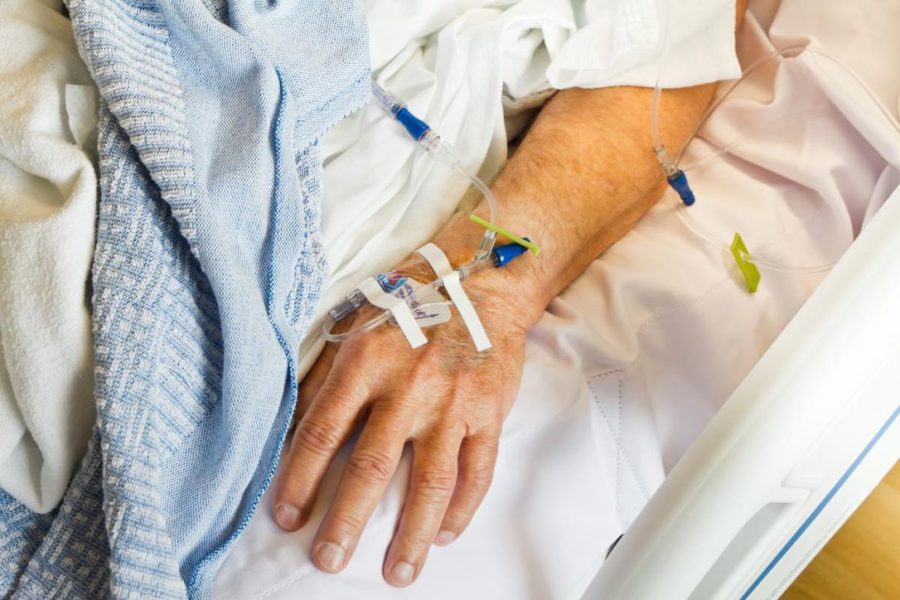
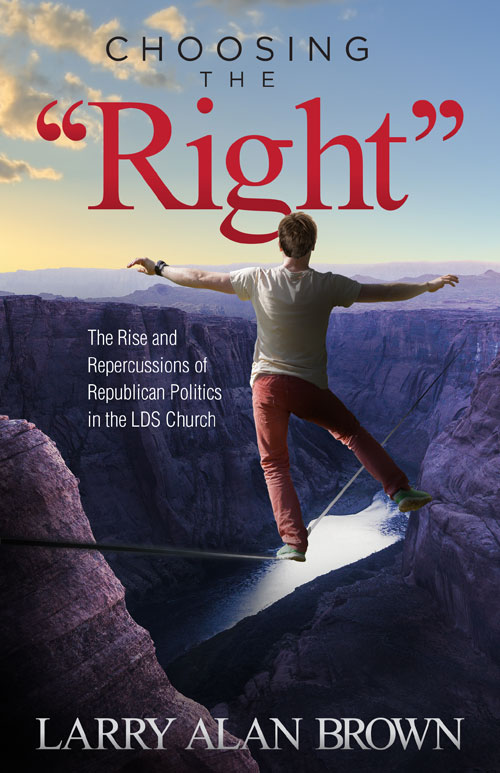
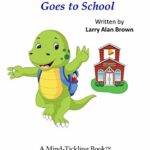


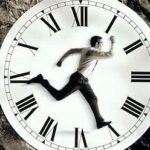
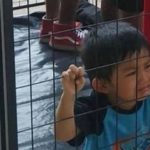
0 Comments
Leave a comment